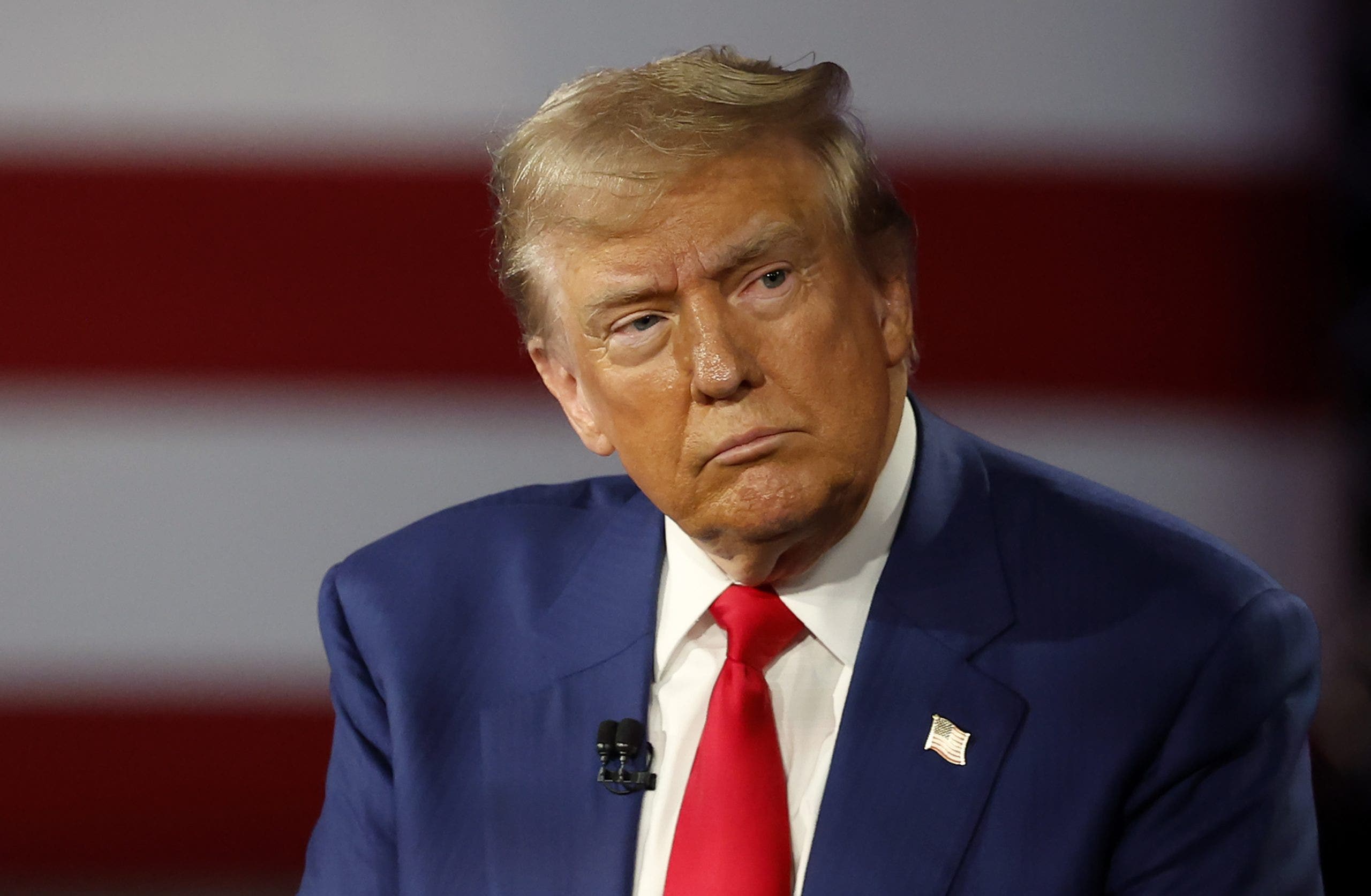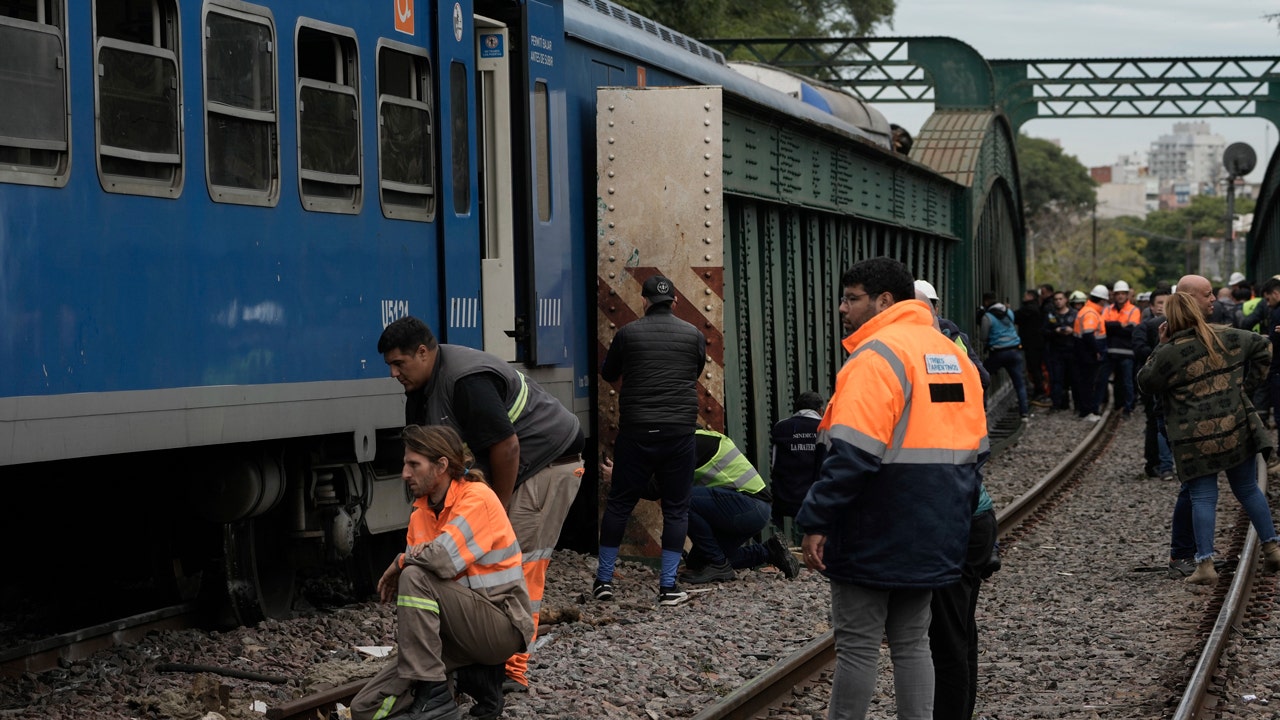Why does this election matter?
Mexico’s vote on June 2 will be a landmark election in several ways.
It will be the country’s largest election in terms of voters and seats. Nearly 99 million people are expected to cast a ballot for more than 20,000 local, state and congressional posts as well as for the presidency.
And for the first time in the country’s history, Mexico will elect a female president, as the top two candidates running for the office are women.
President Andrés Manuel López Obrador cannot run again under the constitution, and he has strongly backed his protégée and fellow Morena party member, Claudia Sheinbaum, who pledges to continue the current leader’s agenda. Her primary opponent is Xóchitl Gálvez, a strong critic of the López Obrador administration who vows to return checks and balances to government.
The winner will be responsible for nominating a new Supreme Court judge. If Ms. Sheinbaum is elected, she is expected to nominate an ally of her Morena party, which could shift the court’s balance at a time when it has stood as a counterweight to the López Obrador administration.
Who are the candidates?
The top two candidates are Ms. Sheinbaum, a physicist and former mayor of Mexico City, and Ms. Gálvez, a former senator and outspoken tech entrepreneur who has often adhered to progressive politics.
Several factors favor Ms. Sheinbaum and her Morena party; above all, perhaps, is Mr. López Obrador’s high approval rating. Ms. Sheinbaum has pledged to continue Mr. López Obrador’s agenda, in large part by consolidating some of his major infrastructure projects, carrying out his austerity measures and preserving his social welfare programs.
Millions of Mexicans have benefited from direct cash transfers and fuel and electricity subsidies under Mr. López Obrador’s administration. But he has also sought to undermine watchdog and electoral institutions and given the military an outsize role in politics and the economy.
By contrast, Ms. Gálvez has pledged a coalition government with a plurality of voices that defends democratic checks and balances. She also proposes to demilitarize the country gradually, withdraw the armed forces from civilian duties and redirect them to fight organized crime, reflecting her argument that the government hasn’t done enough to quell the high levels of cartel violence afflicting Mexico.
However, many voters see the parties that represent Ms. Gálvez as responsible for the legacy of corruption that Mexico has struggled to shake off.
What are the main issues?
Voters see rising cartel violence as a top election issue. With a few exceptions, the current government has struggled to control the killings, disappearances and acts of extortion ravaging the country.
The violence has not spared this year’s election. Dozens of mayoral hopefuls and local officials have been killed, and more are targeted every month in what analysts say is an even bloodier election season than that of 2018.
Corruption is another major issue for voters. For years, corruption levels in Mexico have stayed flat, despite the current administration’s promise to end the problem. Public institutions continue to operate without transparency. Federal and state governments have reduced the autonomy of key anticorruption agencies and constrained their budgets and staffs.
There is also a migration crisis. Even as Mexico has increased enforcement and detained more migrants than it has in at least two decades, high numbers of people continue to pass through its southern border to try to reach the United States.
Who is expected to win?
So far, Ms. Sheinbaum has dominated the presidential race, with a lead between 24 and 27 percentage points over Ms. Gálvez.






